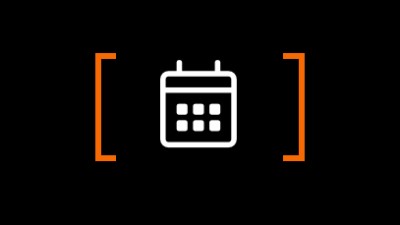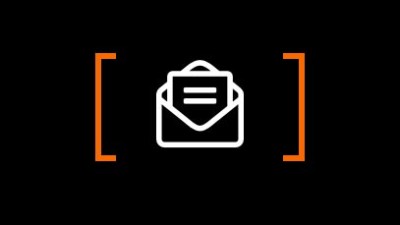‘We can do anything and everything but hear” | April 2021
- RIT /
- Diversity and Inclusion /
- Newsletters /
- April 2021 /
- ‘We can do anything and everything but hear”

March 13-April 15th is National Deaf History Month. More than one thousand students are enrolled at National Technical Institute for the Deaf, one of nine colleges at RIT. NTID is the first and largest technological college in the world for Deaf and hard-of-hearing students. We asked NTID’s Alesia Allen, assistant vice president, Office of Diversity and Inclusion, to share her thoughts on this moment and some of her personal journey.
Why is it important that we celebrate this month?
I am a bit biased, but doing DEI work, I ask why not?! I think it is important to commemorate the achievements of Deaf and hard-of-hearing individuals and recognize the plight of Deaf/HH individuals’ experiences. We often have to find different ways to navigate the world around us and work against systems that do not have us in mind. Having access to information is a privilege and being exposed to various individuals who fought gives continuing encouragement to keep going. It also opens other ways for hearing individuals to share information.
How have things changed over the years for those who are Deaf or hard-of-hearing?
Technology and social media have truly made life accessible for Deaf/HH folks in ways that we have not seen before. Having access to captioning on TV (although still not all things are captioned), Video Phones to make phone calls including platforms like FaceTime, Glide, and Marco Polo, and texting, broke down many barriers that allow for communication. Social media, I think, played a huge role in that it allows for us to gather information, connect with family, and allows for others to get to know who we are. I’ve heard stories from my Deaf/HH friends that discussed how they got to know various family members more over social media. Some were shocked at how much we’ve accomplished although they sat at the same dining table for years.
Can you share a personal story and the challenges you faced?
As a hard-of-hearing woman, I often feel that others misunderstand me. I have residual hearing that if settings and environment were conducive I could carry a 1:1 conversation with someone only needing my hearing aids. Other situations I depend heavily on an American-Sign-Language interpreter. I think and process things in English often and revert to my native language of spoken English. Having the ability to navigate both hearing and Deaf culture is both a blessing and a curse. For hearing individuals, there’s a perception that I may be faking my hearing loss or that I hear only when I want to hear. Whereas in the Deaf community, there may be a need to fully engross in the culture and use American Sign Language all the time. This is wonderful but I often think in English. Being stuck in the middle allowed for me to be an awesome liaison and bridge the divide between hearing and Deaf communities, but it is also challenging as there seems to be a strong need to commit fully to one or the other culture. All of this is coupled with progressive hearing loss where my hearing gets worse over time.
As we celebrate National Deaf History Month, please share some “notables” who have made a mark in history.
Hard to just pick one! Most folks know Marlee Matlin and Nyle DiMarco….I’d like to honor Shirley Allen who is the first Black deaf woman to earn a doctoral degree in the U.S. from the University of Rochester in 1992. She also worked at RIT for 28 years before retiring in 2001. Other notables include CJ Jones, a deaf American actor who played Joseph in the summer hit “Baby Driver” that made him an international Blockbuster. He also had several roles in other films. I remember seeing him on the show “A Different World” and being happy to see a Deaf person. Claudia Gordon is the first female Deaf Black lawyer to graduate law school and is recognized as one of former President Obama’s key advisors for disability issues. I could list so many more…I’ll stop for now.
What would you want hearing persons to know, to understand about being Deaf or hard-of-hearing?
We can drive!!! Seriously, I was part of a research project during graduate school that suggest that Deaf/HH having enhanced peripheral vision making them better drivers. I think it is important to know that there are many ways to be Deaf/Hard-of-hearing and many of us have varying experiences. Our needs and accommodations are different as well and may not always be solved with an ASL interpreter. As most would say…we can do anything and everything but hear.



